Home / crime / Crackdown on Sheikh Hasina: A Blow to Human Rights and Democratic Freedoms
Crackdown on Sheikh Hasina: A Blow to Human Rights and Democratic Freedoms
By: My India Times
1 minutes read 46Updated At: 2024-12-05
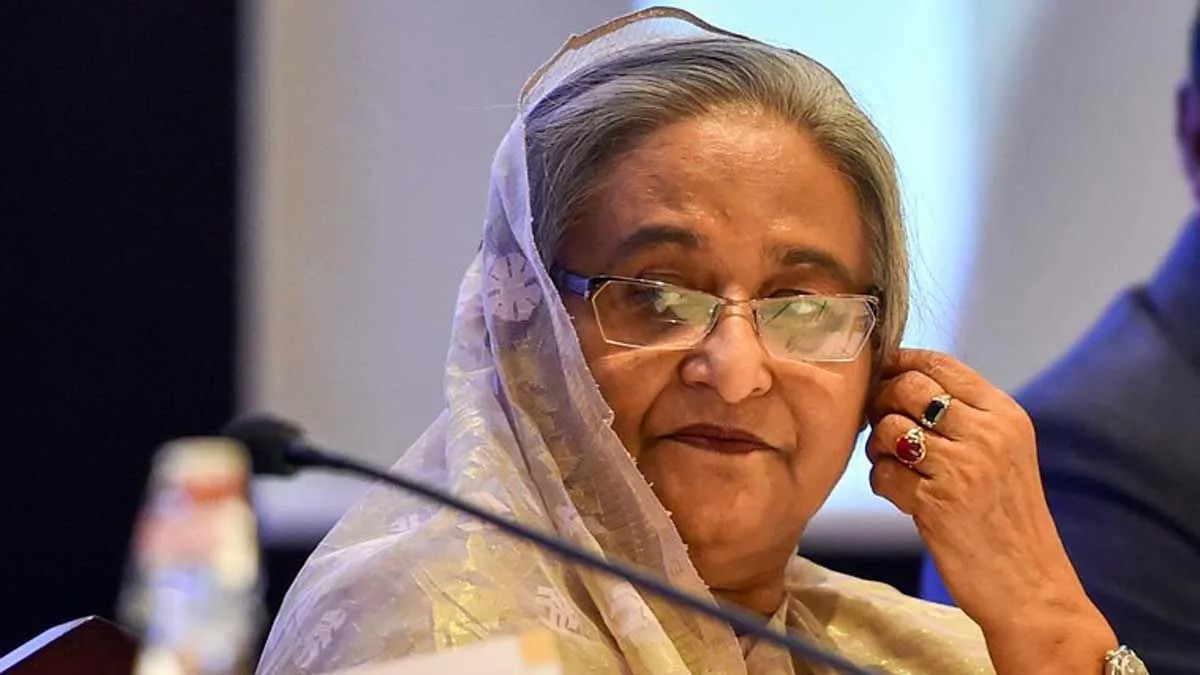
In a move raising global human rights concerns, the interim government of Bangladesh, led by Nobel laureate Muhammad Yunus, has banned the broadcast and online circulation of former Prime Minister Sheikh Hasina’s speeches. The directive from the International Crimes Tribunal (ICT) to remove her speeches from social media platforms underscores the increasing suppression of political dissent in the country.
Freedom of Expression Under Threat
This action has sparked condemnation from human rights organizations, which view the ban as a direct violation of freedom of speech and access to information—core tenets of international human rights. Limiting a former leader's ability to communicate with the public not only restricts democratic dialogue but also sets a concerning precedent for other political figures and activists in Bangladesh.
Regional and Global Implications
The decision also raises geopolitical concerns, particularly as Bangladesh's relationship with neighboring India becomes strained. Hasina's alleged request for asylum in India has added a regional dimension to the crisis, potentially impacting South Asian stability.
Calls for Action
Civil society leaders and international observers have urged the Yunus administration to reconsider the ban, emphasizing the importance of inclusive dialogue and respect for civil liberties. They highlight that democratic progress in Bangladesh hinges on safeguarding human rights, including freedom of expression and political participation.
The Path Forward
As Bangladesh navigates this complex political landscape, the international community is closely watching. There is a growing call for transparent governance and adherence to human rights standards to ensure the country's democratic integrity is preserved.
....In a move raising global human rights concerns, the interim government of Bangladesh, led by Nobel laureate Muhammad Yunus, has banned the broadcast and online circulation of former Prime Minister Sheikh Hasina’s speeches. The directive from the International Crimes Tribunal (ICT) to remove her speeches from social media platforms underscores the increasing suppression of political dissent in the country.
Freedom of Expression Under Threat
This action has sparked condemnation from human rights organizations, which view the ban as a direct violation of freedom of speech and access to information—core tenets of international human rights. Limiting a former leader's ability to communicate with the public not only restricts democratic dialogue but also sets a concerning precedent for other political figures and activists in Bangladesh.
Regional and Global Implications
The decision also raises geopolitical concerns, particularly as Bangladesh's relationship with neighboring India becomes strained. Hasina's alleged request for asylum in India has added a regional dimension to the crisis, potentially impacting South Asian stability.
Calls for Action
Civil society leaders and international observers have urged the Yunus administration to reconsider the ban, emphasizing the importance of inclusive dialogue and respect for civil liberties. They highlight that democratic progress in Bangladesh hinges on safeguarding human rights, including freedom of expression and political participation.
The Path Forward
As Bangladesh navigates this complex political landscape, the international community is closely watching. There is a growing call for transparent governance and adherence to human rights standards to ensure the country's democratic integrity is preserved.
By: My India Times
Updated At: 2024-12-05
Tags: crime News | My India Times News | Trending News | Travel News
Join our WhatsApp Channel




.jpg)
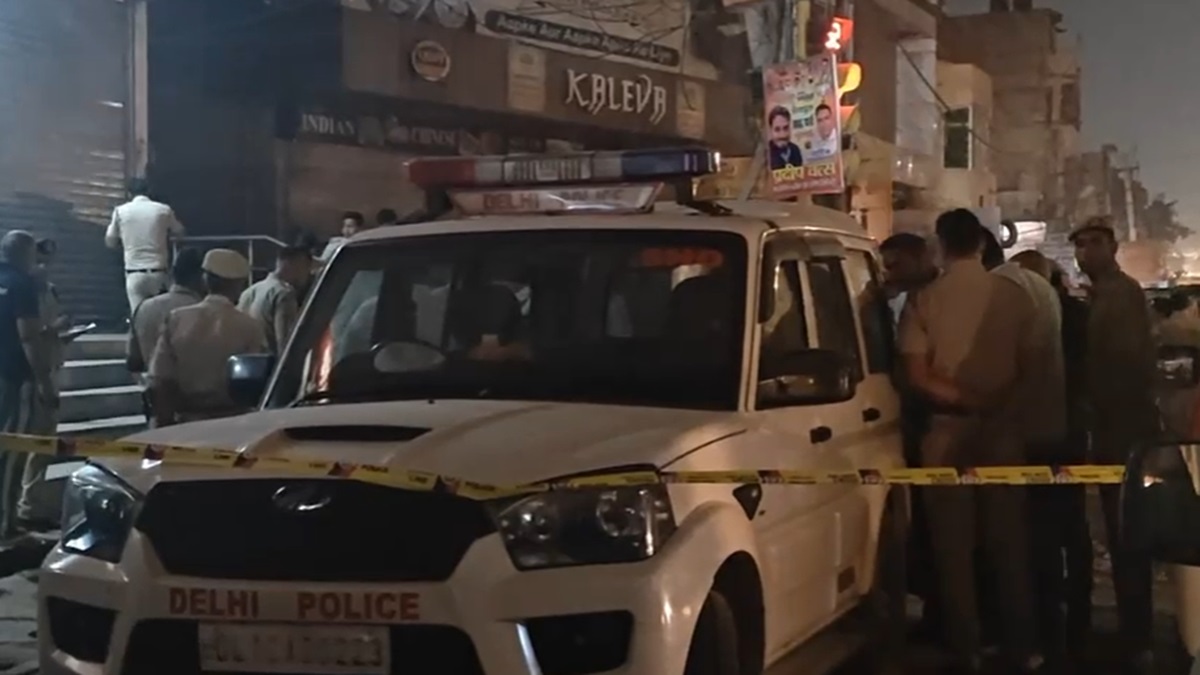




.jfif)
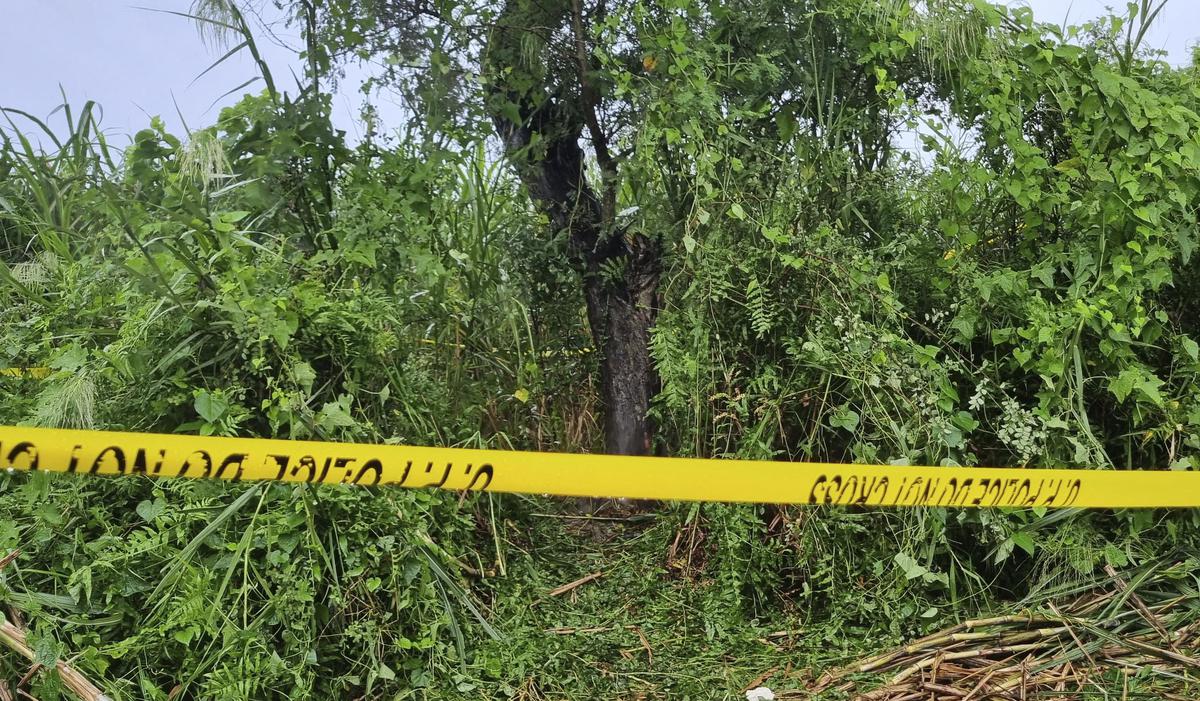
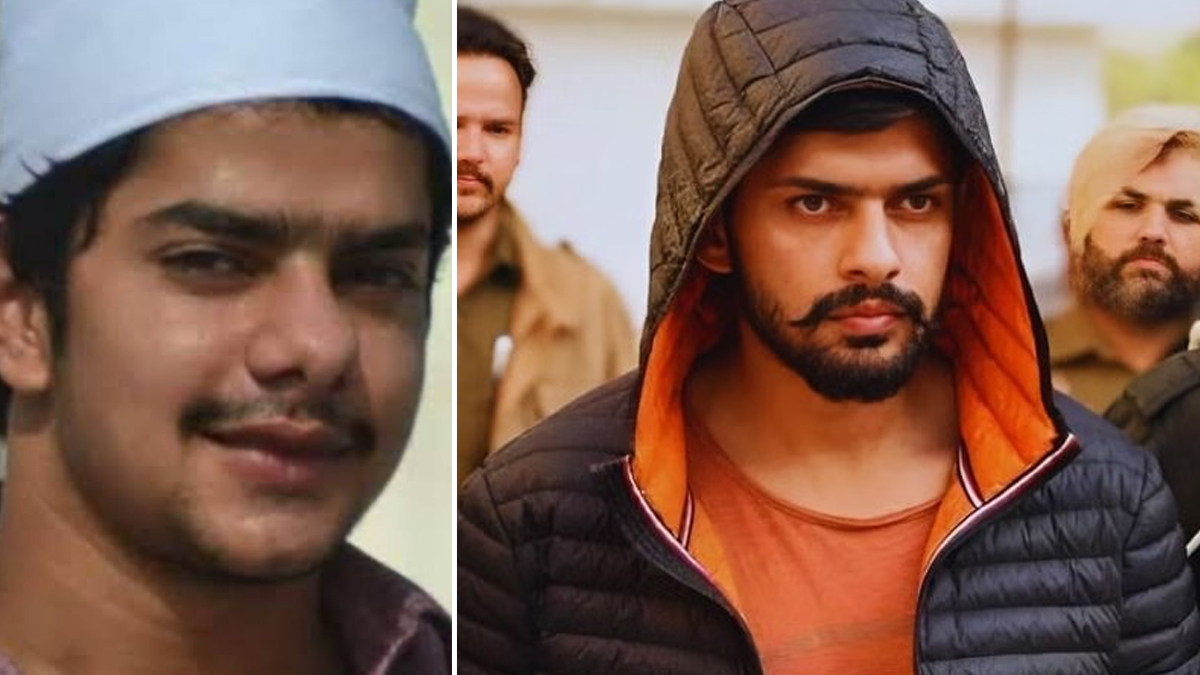

.jfif)

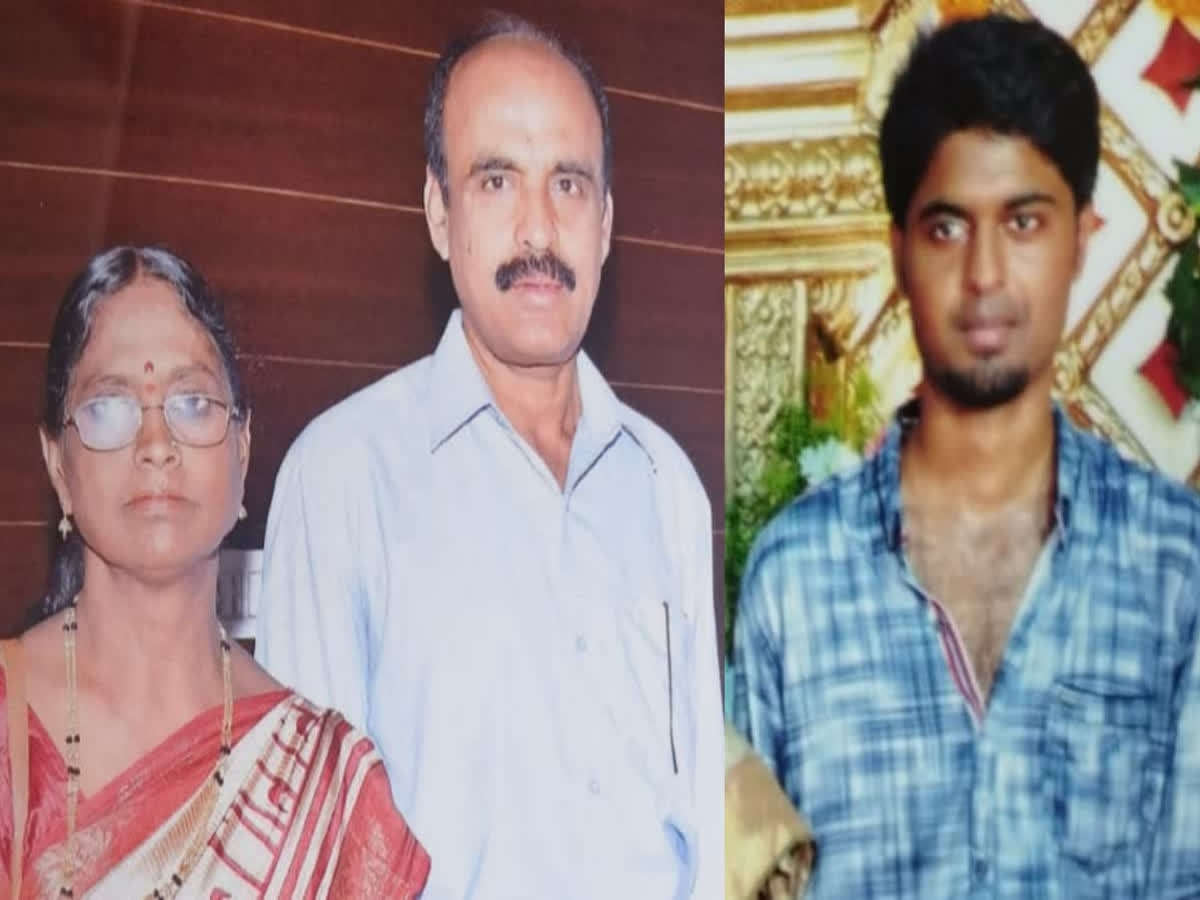
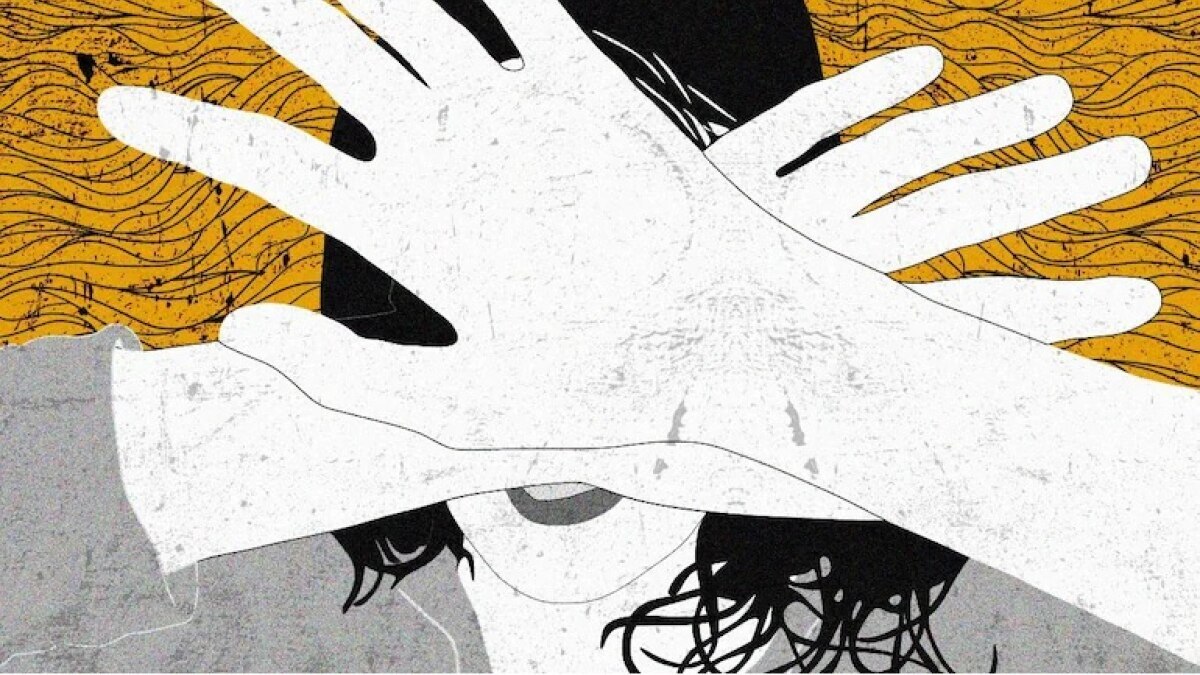
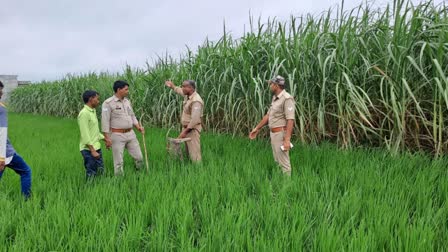



























































































.png)
 (1).png)























